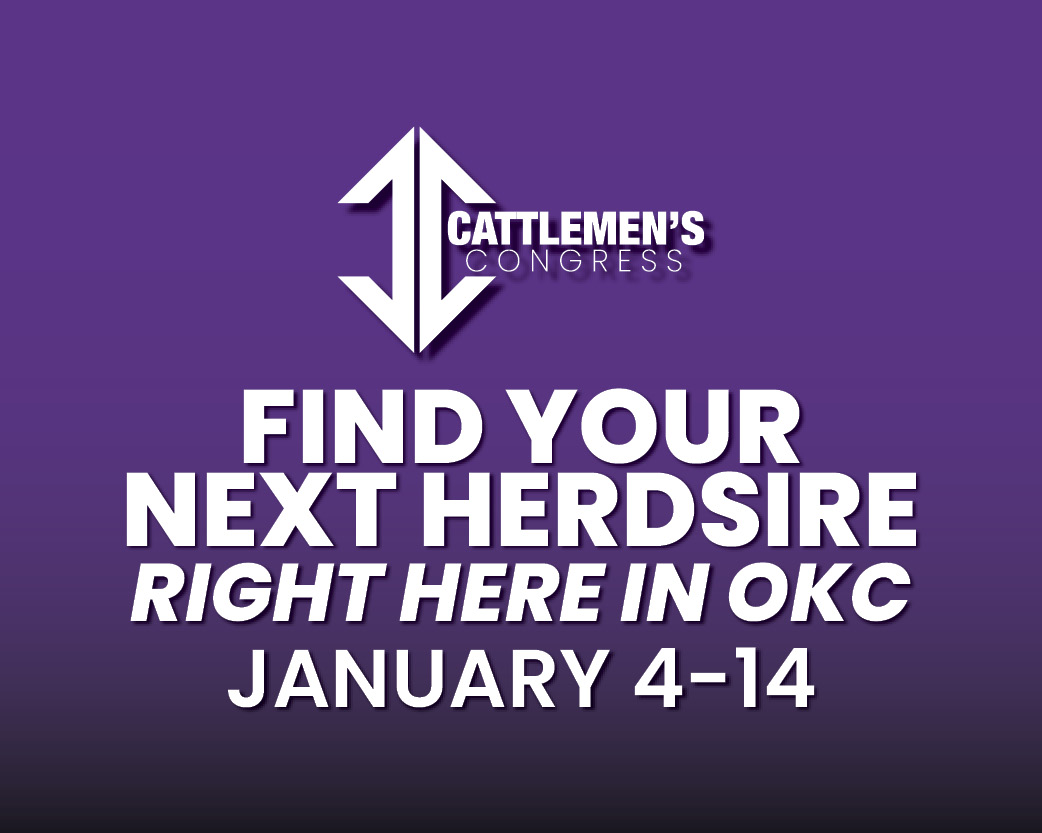
Farm Director KC Sheperd recently connected with Devin Mogler, President and CEO of the National Oilseed Processors Association (NOPA), to discuss the organization’s role in the agricultural sector and address recent concerns surrounding seed oils.
Mogler began by outlining the significant reach of NOPA. “We represent 95% of all the oil seeds processed in the U.S. These are the big companies, the household names: Archer Daniels Midland, Bunge, Cargill, AGP, CHS, et cetera.” He further clarified the scope of their representation, stating, “But essentially, everyone up and down the oilseed processing supply chain, from soybeans to canola, sunflower, safflower, and flax seed.”

He then provided a breakdown of the soybean industry, a major component of their work: “We grow about 4 billion bushels of soybeans in the U.S. every year. About half of those get exported as whole soybeans, but the rest are processed here in the U.S. Of that, 80% is protein. That’s the meal that goes to feed our poultry and our swine, primarily. But that 20% that’s oil, about half goes to biofuels, and half goes into the food supply. So that’s everything from what you cook with at home, what gets used in restaurants, or prepared foods. Both the biofuels and the food side are very important demand drivers for us.”
The conversation then turned to recent scrutiny of seed oils from the current Health and Human Services Director, RFK Jr., expressing concerns from oilseed producers. “So I think we agree with the premise of Making America Healthy Again. Seed oils have a proven track record backed by decades of science that shows we’re not only safe but also nutritious. These are unsaturated fats. Switching to fry something in beef tallow instead of frying in seed oils will not necessarily make your French fries a whole lot healthier. So I think RFK might have bigger fish to fry. Pun intended.”
He also emphasized the broader contributions of the industry. “We can be part of the solution here. As I mentioned earlier, the protein in the meal we’re producing goes to feed livestock, which drives a lot of what they’re pushing towards eating more protein as part of a healthier diet, so we play an instrumental role in that, and importantly, keeping it affordable. Like oil, seeds are the most plentiful form of fat that we use in our diet. It has been for decades and decades, and so we think one of the reasons that President Trump was re-elected so overwhelmingly was because of high prices at the grocery store and restaurants. We want to make sure that we keep food not only safe and nutritious, but also affordable, while also supporting our farmers and ranchers.”
Sheperd raised the issue of misinformation and how quickly the narrative changes on oilseeds. Mogler answered, “I think it’s a product of social media. It’s one of those food fads that just became a catch phrase. Like, a few years ago, when everyone suddenly started thinking gluten was bad. It’s one of those things that once you hear it, and you don’t think anything of it or do any more research on it, the next time you hear it, you just associate it with something negative. We are concerned about the bully pulpit being used to disparage safe products such as seed oils, but we’ve got the science and the data on our side, and we believe we’ve got a good economic argument to make as well.”
Mogler detailed their multifaceted approach to addressing these concerns. “We saw a strong letter from about 81 House and Senate members to the quote/unquote, MAHA Commission, advising them to follow the science, not make dramatic changes to how we produce foods, and make sure that any decisions on what food ingredients are included are backed by science and data as well. So we’ve been working that angle, and we’ve certainly been having extensive conversations with USDA, with HHS, with FDA, and with the White House, making sure they know that these seed oils come from American farmers. They are safe. They support affordable food. We have the world’s safest and most affordable food supply, and we sometimes take that for granted. I heard a quote one time. I don’t know who to attribute it to, but it said, ‘A wealthy country has plenty of problems. A hungry country has only one.”
For those seeking more information about the National Oilseed Processors Association, Mogler provided their website. “You can look us up at www.nopa.org.”



















